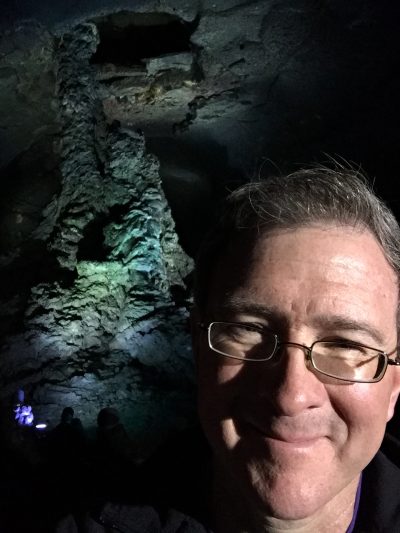March 21, 2025
Dr Winston Luke receives the NOAA Silver Sherman award

On March 12th, ARL’s Dr. Winston Luke was recognized for his lifetime career achievements in advancing the scientific understanding of the behavior, transport and dispersion of mercury in the environment, which is critical to the health and lives of U.S. citizens. The Silver Sherman Award recognizes NOAA employees who perform work above their normal requirements to help fulfill NOAA’s mission, achieve a milestone that contributes significantly or critically toward a particular program goal, or demonstrate leadership toward process improvement of a significant magnitude.
Mercury occurs naturally in the environment and can be released in the atmosphere by both natural processes and human activities. From the atmosphere it will eventually settle into bodies of water or land, where it can be washed into water. Microorganisms transform mercury into methylmercury which accumulates in fish and shellfish through the food chain. Once in the food chain, methylmercury levels increase as it moves through the system from shellfish and smaller fish to larger fish, which have the heaviest accumulations. Humans are exposed mainly by consuming contaminated fish. In humans, methylmercury is particularly toxic to infants and young children, and can have detrimental effects on unborn infants’ brain and nervous system development. Dr. Luke’s foundational scientific investigations were fundamental inputs to establishing the Minamata Convention on Mercury in 2013, a significant agreement to protect human health and the environment from the adverse effects of mercury.

